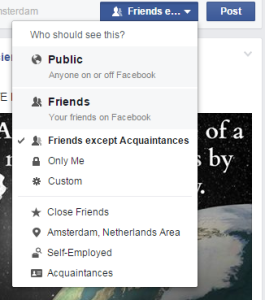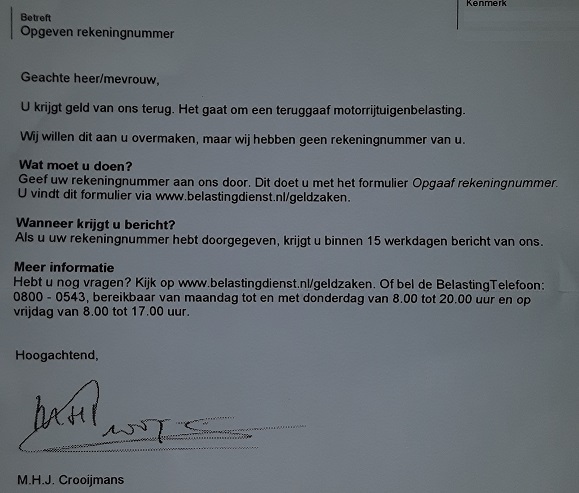 Facebook sucks.
Facebook sucks.
Fortunately, it sucks way less than many would like us to believe. For instance, Facebook is a nice way to stay in touch with your social network, particularly if said network, like mine, is spread across half the globe. For sharing your private life with friends and family, and learning about their private lives in turn, Facebook is great*.
For an author seeking publicity? Not so great. (Though this blog post is meant to solve that problem. You can cut through the blah-blah by clicking here, and going straight to the how-to.)
Facebook puts a lot of marketing effort into pushing their Page feature as the end-all method to seek publicity through Facebook. And it makes sense: a Facebook account is for private persons, a Page is for companies, organizations, interests–and artists. However, how many people see the stuff you post on your Page depends on a lot of factors, very few of which are under your control: how many people Like or Follow your Page, how active you are, how much cash you are willing to invest in publicizing yourself, and most importantly, and most opaquely, the Facebook Algoritms.
Now no one knows for sure how these work, and how they determine whether anything you post will be presented to your Likers or Followers, but from their behavior, one can easily deduct that the process involves a random function, loaded dice, the weather patterns of Saturn, the scrying of goat innards, or all of the above. Moreover, they change so often that the success of any structured strategy to keep up with them, and maximize your reach, is indistinguishable from random luck.
What’s worse: the one thing an author wants on Facebook, the one thing an author might seek publicity on Facebook in the first place, is all but impossible: interacting with readers. Readers can Follow your Page (which is like Twitter, but without the nifty ease-of-use of Twitter), or Like it, but conversation is not really included in the package. What would be much more useful is a way to Friend a Page, so the author and his readers can interact as if they’re friends on Facebook, while still retaining the author’s privacy on matters that don’t concern his readers.
Or in the words of Mary Robinette Kowal, whose excellent blog post on this topic inspired my approach:
- When you tag an Author Page, they can’t respond.
- The author’s posts on the author page don’t appear in the feeds of some people unless the author pays Facebook to put them there.
- The author can’t even tag people when he/she wants to direct attention to them.
The obvious way around that is, of course, to use your private account as author page as well, and connect with readers as Facebook Friends. But that has a huge downside: if all your readers and other interested parties are your Friends on Facebook, they’ll not only have an opportunity to interact with you, and keep up with your writing news, but also to find out everything you’ve shared about your private life.
What you should have is the possibility to tier your Facebook Friends: real friends and family, who get to see whatever you share; reader and interested-party friends, who get to see only what you share on that level; and the rest of the world.
That possibility, of course, exists, or I wouldn’t be writing this.
Here’s how.
* Yeah, what about privacy? There’s a ton of things you can do to protect your private Facebook content, and the fuss about their updated terms was more a matter of mass hysteria than actual news.
